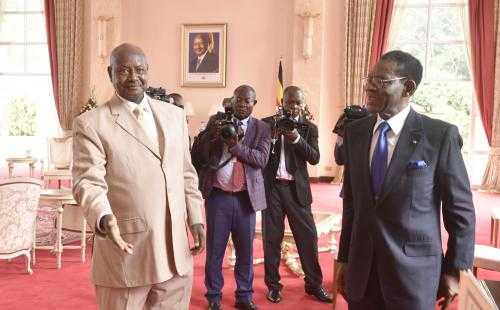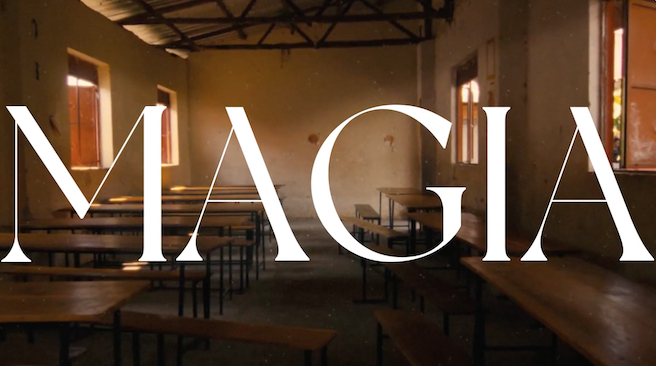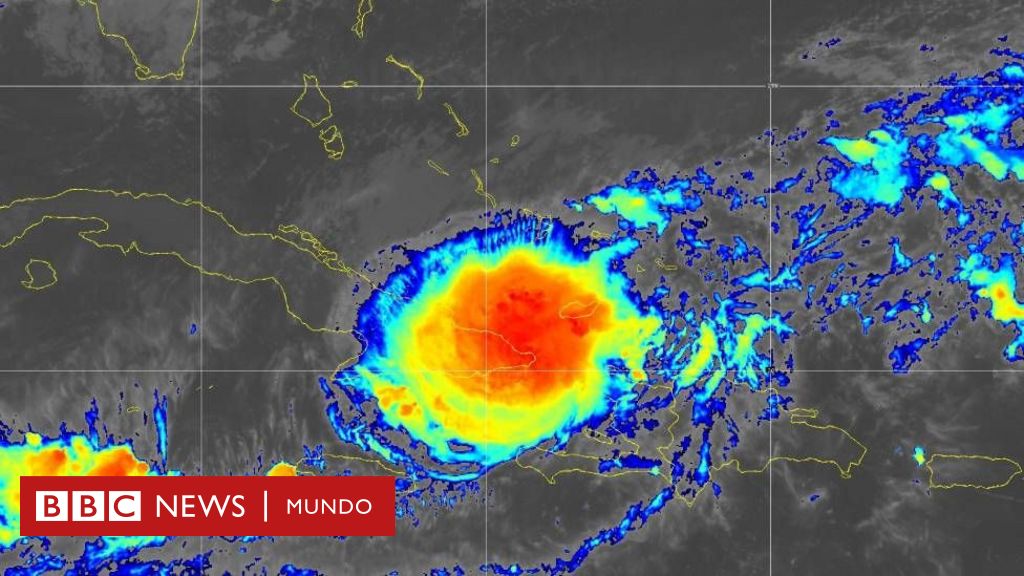The key to self-determination, health and work / day …
27.05.2021 – 08:30
German Foundation for World Population (DSW)
Hanover (OTS)
One in ten girls in sub-Saharan Africa missed school during their menstrual period / treatment project
About one in ten girls in sub-Saharan Africa miss school during their menstrual period. One of the reasons is that they cannot access proper hygiene products. The resulting impure menstrual protection often leads to infection. In a joint pilot project in Uganda, three foundations with Impacc, a social non-governmental organization, show that menstrual cleanliness is not only an important key to self-determination, health and equality, but it also creates opportunities for the transfer of income and knowledge. In the project, young men produce sustainable and inexpensive menstrual pads, MakaPads. Not only do they produce much-needed PMS products, they also create income opportunities and the opportunity for a specific life. The project is part of the TeamUp program of the German Foundation for World Population (DSW), the Hans R. Neumann Foundation (HRNS) and the Siemens Foundation.
Project, production goal, and knowledge transfer
TeamUp and Social Foundation Impacc launched the pilot project in late 2020 at the TeamUp Youth Development Center in Metiana, a district of Uganda. The goal is to create income opportunities for the Youth Development Center and its members while providing inexpensive monthly platforms for residents of the area at the same time. The production plant team trains YDC members in raw material handling, production, marketing and sales. MakaPads are made from premium quality locally made cane that is 95 percent biodegradable. Project managers plan the MakaPads product line with annual sales of 1 million sanitary pads. Knowledge is transferred to other TeamUp Youth Development Centers.
Consequences of poor menstrual hygiene
In low- and middle-income countries, inadequate education and inadequate provision of hygiene have far-reaching consequences: young people are more likely to miss school, often not graduate from school, and more likely to become unintentionally pregnant. “Shame and lack of menstrual products mean that many girls miss school during their menstrual period, so they miss school more than 50 days a year,” explains Angela Barr, Deputy General Manager of DSW. “By having access to menstrual products, girls, young women and menstruating people are taking a critical step towards the life they decide for themselves.” In addition, hygiene products prevent illness and infection: “Young women who do not use menstrual hygiene products or who use them inappropriately are at increased risk of developing cystitis or ovarian infection,” says Dr. Philippe de la Escuela of Medicine in Hanover (MHH) ). “In addition to pain and discomfort, frequent ovarian infections can lead to infertility. Especially in developing countries, where fertility plays an important role, young women who are infertile are stigmatized and excluded from society.”
Pictures: Photo 1 / Photo 2Caption: Menstrual pads allow for a healthy and independent life. © Impacc gGmbH
Blog post: “Because of their menstrual cycle, girls in Kenya miss more than 50 days of school a year.”
You can use the press release Here Download as a PDF.
Our press staff is ready to answer any questions you may have:
Package: Janice Fall, [email protected], +49176 76790698
DSW: You are wet, [email protected], +49 511 94373-32
About the German Foundation for World Population (DSW): DSW is an international development organization. Its goal is to contribute to sustainable population development. DSW is committed to implementing the human right to family planning. In particular, he helps young people in East Africa make their own decisions about their sexuality and contraception. At the same time, the Foundation participates in political decision-making processes in the areas of health, family planning and gender equality at the national and international levels. www.dsw.org
Acerca Demback: Impacc is an international non-profit company registered in Germany. It sees itself as more sustainable development aid: using donations and support as investments in social, income-generating enterprises, thus keeping the development engine engaged and sustainable in the long term, as an advocate of the “social” in “business”. If the markets worked, the Impacc wouldn’t be necessary, but unfortunately it doesn’t happen often. This is where Impacc comes in: the social nongovernmental organization creates green and sustainable jobs for the poor. www.impacc.org
About TeamUp: TeamUp is a multisectoral approach to development cooperation initiated by the Federal Ministry for Economic Cooperation and Development (BMZ) and managed and funded by the Three German Institutions for World Population (DSW), the Hans R. Neumann Foundation (HRNS) and Siemens. Business. The program brings together the experience, networks and resources of three organizations in Uganda: Action 4 Health Uganda (A4HU), Hanns R. Neumann (HRNS) and Whave Solutions, which are active in the areas of health, agriculture, water, sanitation and hygiene (WASH) are active. www.teamupug.org
Let me know:
You are wet
Head of the Press and Public Relations Department
German Foundation for World Population (DSW)
Hindenburgster. 25 | 30175 Hannover
Telephone: 0511 94373-32 | Fax: 0511 94373-73
e-mail: [email protected]Internet: www.dsw.org
Original content from: German Foundation for World Population (DSW), broadcast via aktuell news

“Award-winning zombie scholar. Music practitioner. Food expert. Troublemaker.”








